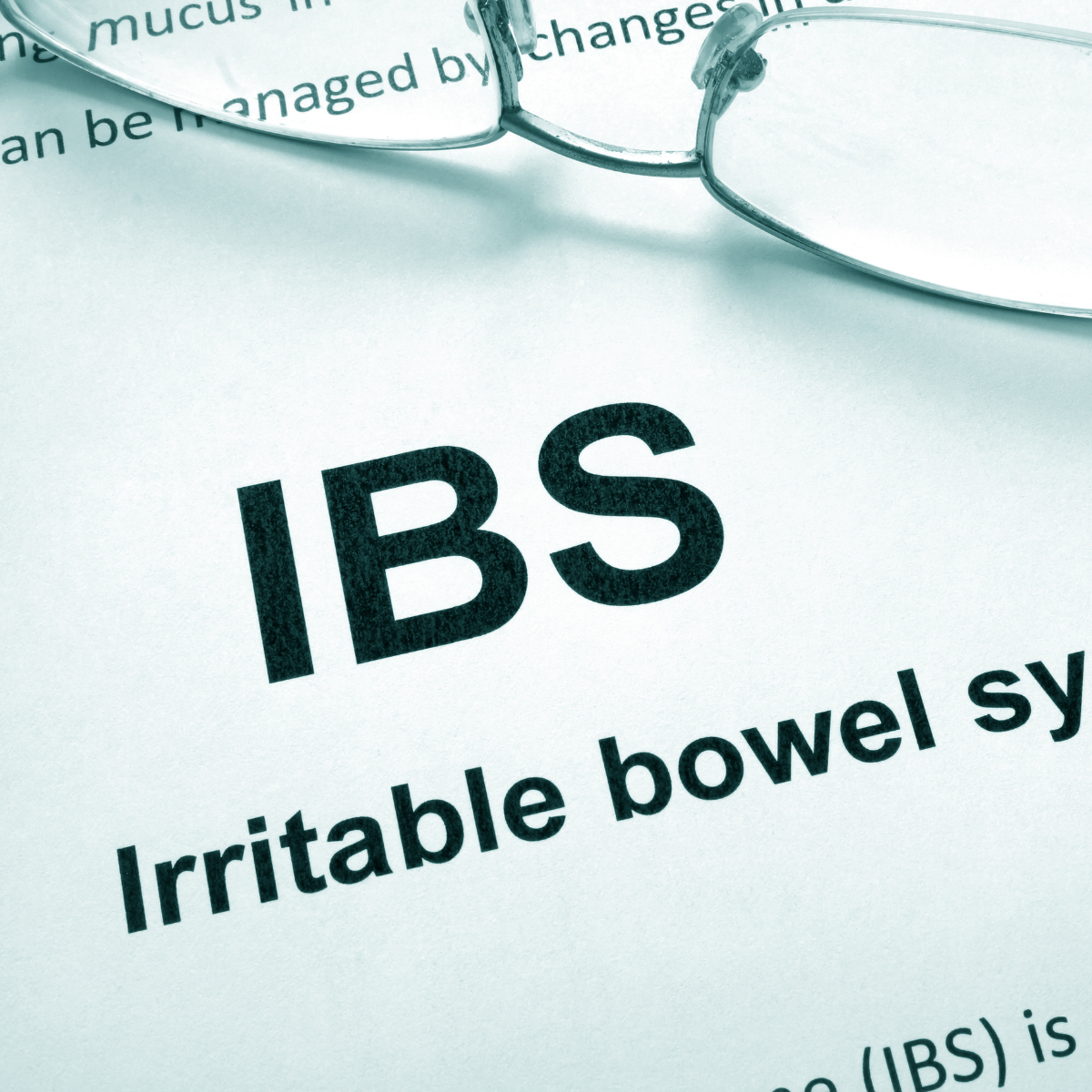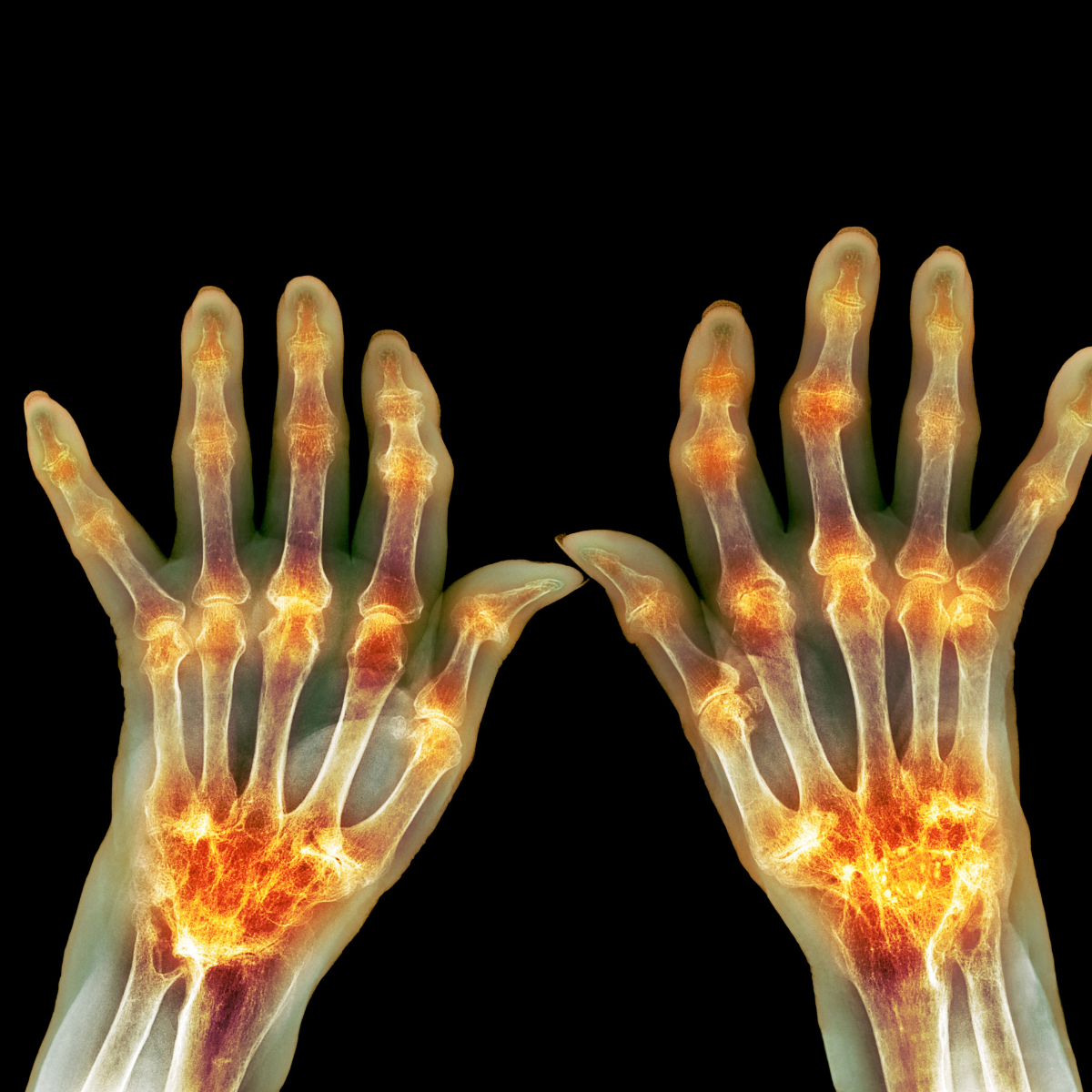
Irritable Bowel Syndrome (IBS)
What Is IBS & What’s Happening Inside the Body?
Irritable Bowel Syndrome (IBS) is a functional digestive disorder, meaning the gut appears structurally normal but doesn't function optimally. Dr. Umesh describes it as a "syndrome"—a collection of symptoms without a singular identifiable cause. Commonly, individuals experience abdominal discomfort, bloating, and altered bowel habits. This condition arises from a complex interplay between the gut and brain, often influenced by factors like stress, diet, and gut microbiota imbalances.
Common Potential Underlying Root Causes:
-
Frequent antibiotic use disrupting gut flora.
-
Post-infectious changes following food poisoning.
-
Chronic stress and anxiety affecting gut-brain communication.
-
Food intolerances, notably to gluten or dairy.
-
Imbalances in gut microbiota
How Common Is It?
IBS affects approximately 10–15% of the global population, with varying prevalence across regions. (Wikipedia)
Signs & Symptoms
-
Abdominal pain or cramping.
-
Bloating and gas.
-
Diarrhea, constipation, or alternating between both.
-
Urgent need for bowel movements post meals.
-
Mucus in stool.
-
Feeling of incomplete evacuation.
Note: Symptoms can vary among individuals and may fluctuate over time.
Nutritional Approach to Managing IBS
Core Dietary Focus:
-
Anti-inflammatory Foods: Incorporate fruits, vegetables, and omega-3-rich foods to reduce gut inflammation.
-
High-Fiber Diet: Gradually increase soluble fiber intake to aid digestion and regulate bowel movements.
-
Low FODMAP Diet: Temporarily eliminate fermentable carbs to identify specific triggers.
Foods to Include:
-
Whole grains like oats and brown rice.
-
Lean proteins such as chicken and tofu.
-
Low-FODMAP fruits and vegetables, e.g., bananas, carrots.
-
Probiotic-rich foods like yogurt and kefir.
Foods to Limit (Not Avoid):
-
High-fat and fried foods.
-
Caffeinated beverages.
-
Artificial sweeteners.
-
Alcoholic drinks.
Remember, dietary responses are subjective; it's essential to monitor individual reactions.
Key Nutrients to Focus On
IBS can be associated with deficiencies in certain nutrients:
-
Vitamin D: Supports immune function and may alleviate IBS symptoms.
-
Vitamin B12: Essential for nerve health; deficiencies can exacerbate fatigue.
-
Omega-3 Fatty Acids: Possess anti-inflammatory properties beneficial for gut health.
-
Magnesium: Aids in muscle function and can help with constipation.
-
Zinc: Supports immune function and gut lining integrity.(The Sun)
Consult with a healthcare provider before starting any supplementation.
Lifestyle Recommendations
Movement & Sleep Hygiene:
-
Engage in regular physical activity like walking or yoga.
-
Maintain a consistent sleep schedule, aiming for 7–9 hours nightly.
Stress Management Techniques:
-
Practice mindfulness or meditation.
-
Limit screen time, especially before bedtime.
-
Maintain a journal to track symptoms and stressors.
Monitoring & Tracking
Body Signals:
-
Energy levels.
-
Digestive patterns.
-
Sleep quality.
-
Mood fluctuations.
Food/Symptom Journaling:
-
Document meals and corresponding symptoms to identify triggers.
Relevant Lab Markers:
-
Thyroid function tests (e.g., TSH).
-
Vitamin D and B12 levels.
-
Inflammatory markers if recommended by a healthcare provider.
Frequency of tests should be determined in consultation with a medical professional.
Ready to Take the Next Step?
Understanding and managing IBS is a journey. If you're seeking personalized guidance, consider booking a consultation with our team.
📅Click here to Book your free 30-minute consultation
What to Expect:
-
A comprehensive review of your dietary habits and lifestyle.
-
Personalized nutrition and lifestyle recommendations.
-
Strategies to identify and manage your unique triggers.(
For a more in-depth understanding, watch Dr. Umesh's detailed explanation on IBS: Watch Here











